Anxiety, depression & depression
Many psychiatric illnesses are depression- or anxiety-related disorders. Behavioral tests with rodents are crucial to get insights on the underlying mechanisms and eventually find new treatments. A majority of studies utilize mazes such as the elevated plus maze, zero maze, or open field, to investigate rat or mice behavior. Discover more with these blog posts and publications on our Behavioral Research Blog.

Replacing rodents with insects in behavioral testing
In this blog we delve into the use of flies as a new perspective for behavioral testing. How do they compare to rodents? And can conventional rodent tests be adapted to insects?

Diving deeper: Obesity and Anxiety, a scientific perspective
It seems that there is a relationship between poor mental health and obesity. But the exact reasoning is far from clear. Animal experiments can shed light on the situation
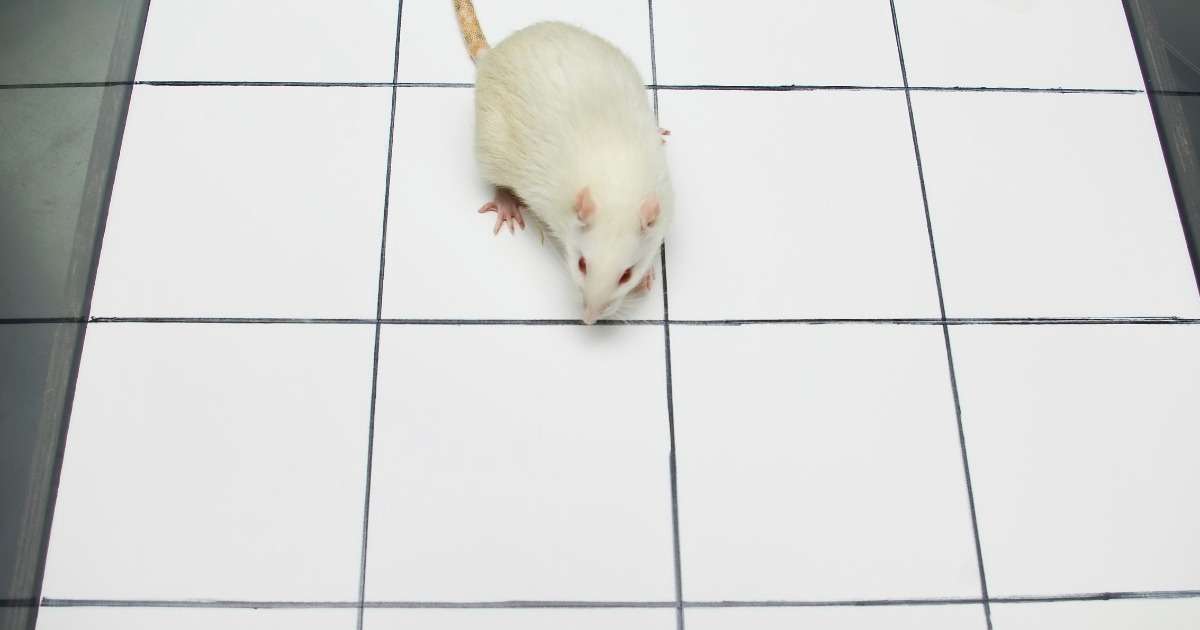
Early-life stress and the onset of depression later in life
I had a chat with my old department at the University of Groningen to see what they are currently working on. Read more about their reseach into early life stress!
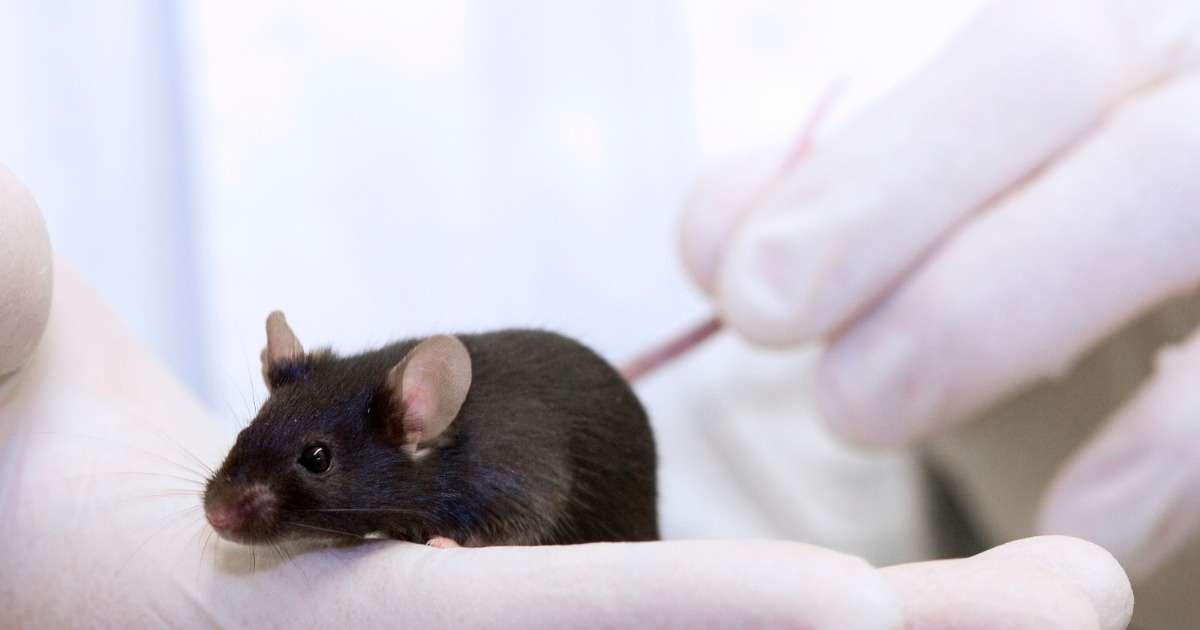
What is the connection between depression and rheumatoid arthritis?
Is depression in patients with rheumatoid arthritis caused only by the pain, or is something else also going on?
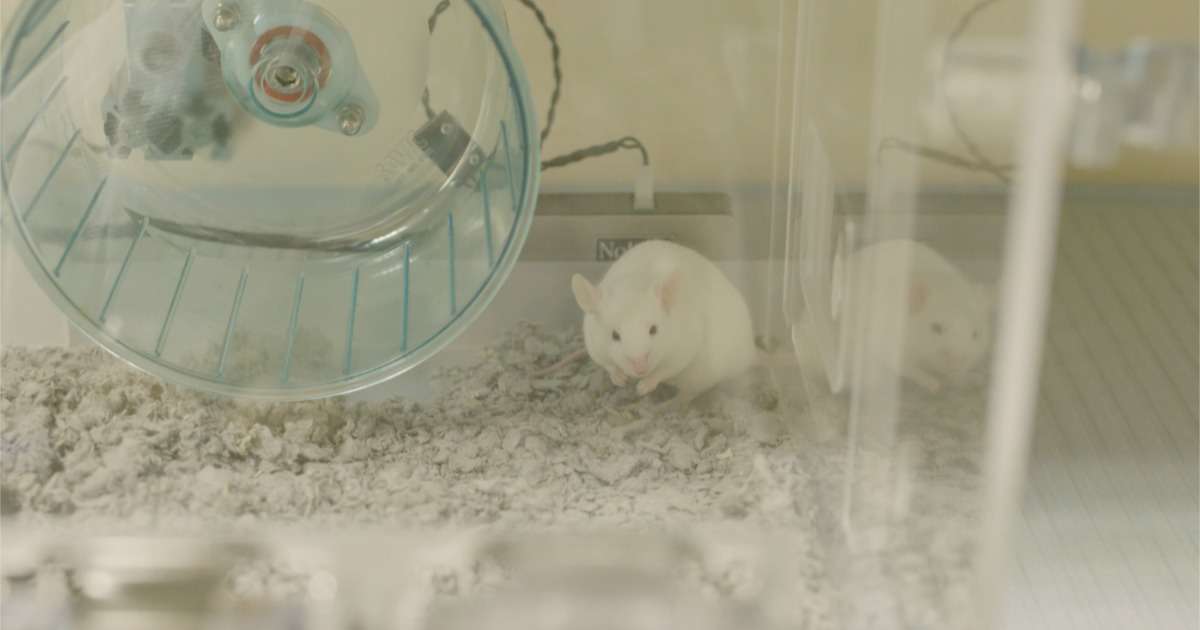
The Hypothalamus is involved in locomotion? Complex dopamine circuitry uncovered
By measuring locomotion and investigating dopaminergic neurons, complex dopamine circuitry is uncovered. How are amphetamine and our biological clock involved in this?
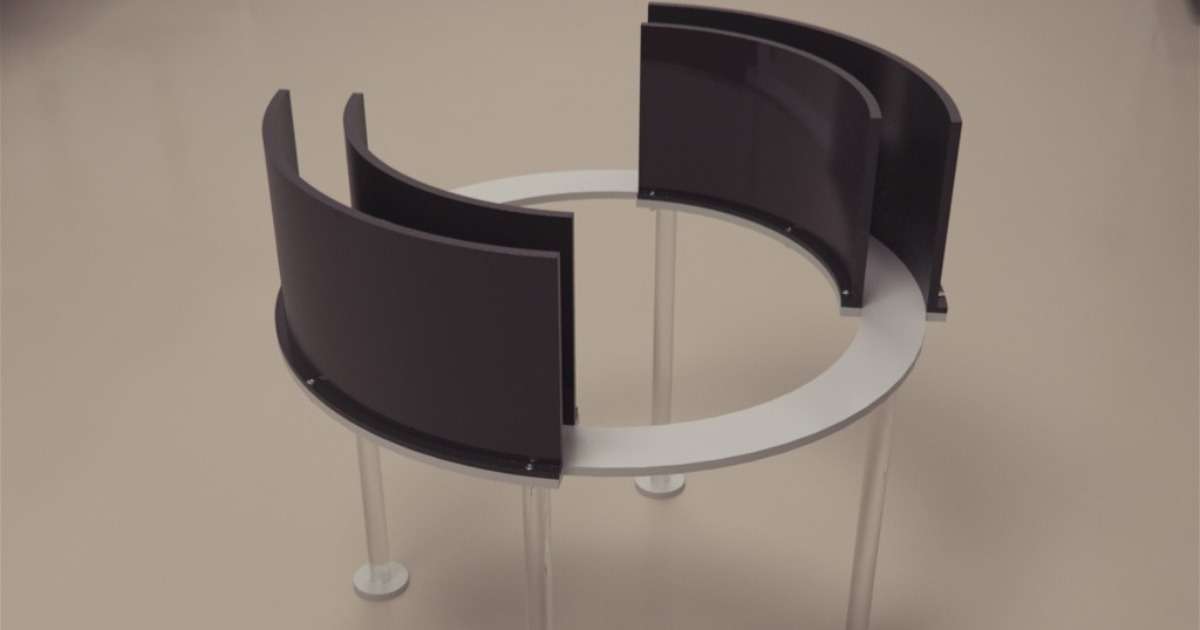
3 high impact papers about measuring anxiety in the Elevated Zero Maze
The elevated zero maze (EZM) is a variation on the elevated plus maze (EPM) and was created to eliminate the center region of the EPM. This blog highlights 3 studies that use the EZM to test for anxiety-like behavior
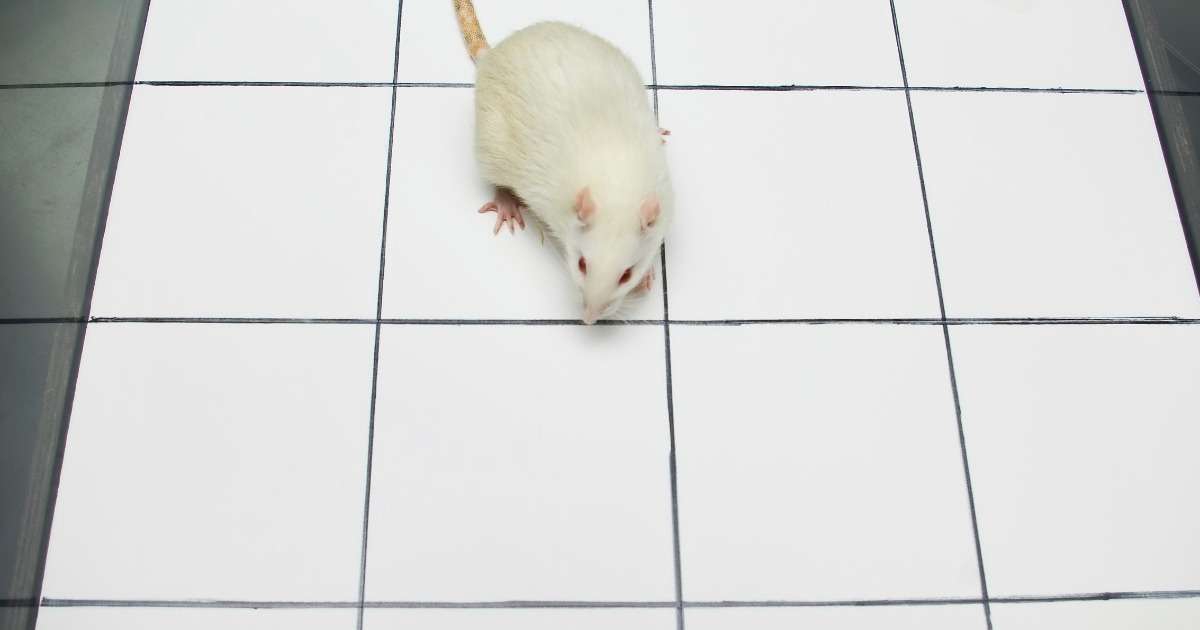
The open field test: A staple in behavioral batteries
The open field test is a locomotor, exploratory and/or anxiety test. Can we measure all these behaviors in a simple enclosed arena? This is exactly what we talk about in this blog, and the discussion surrounding this.

A critical view on the Forced swim test
The forced swim test (FST), a staple in depression research, has been under discussion for a while. What is the FST? How is it used? And why is it under discussion? Here we share our view on this topic

Robust and reliable: Measuring anxiety in the Elevated plus maze
Screening of anxiety-like behavior in the elevated plus maze becomes more reliable with Ethovision XT combined with the standardization of testing parameters and common practices.

Taking opioids during pregnancy: short- and long-term consequences in rats
Women worldwide are suffering from opioid addiction. Many receive so-called opioid-maintenance therapy using bup, but consequences for both mother and baby are largely unknown.
